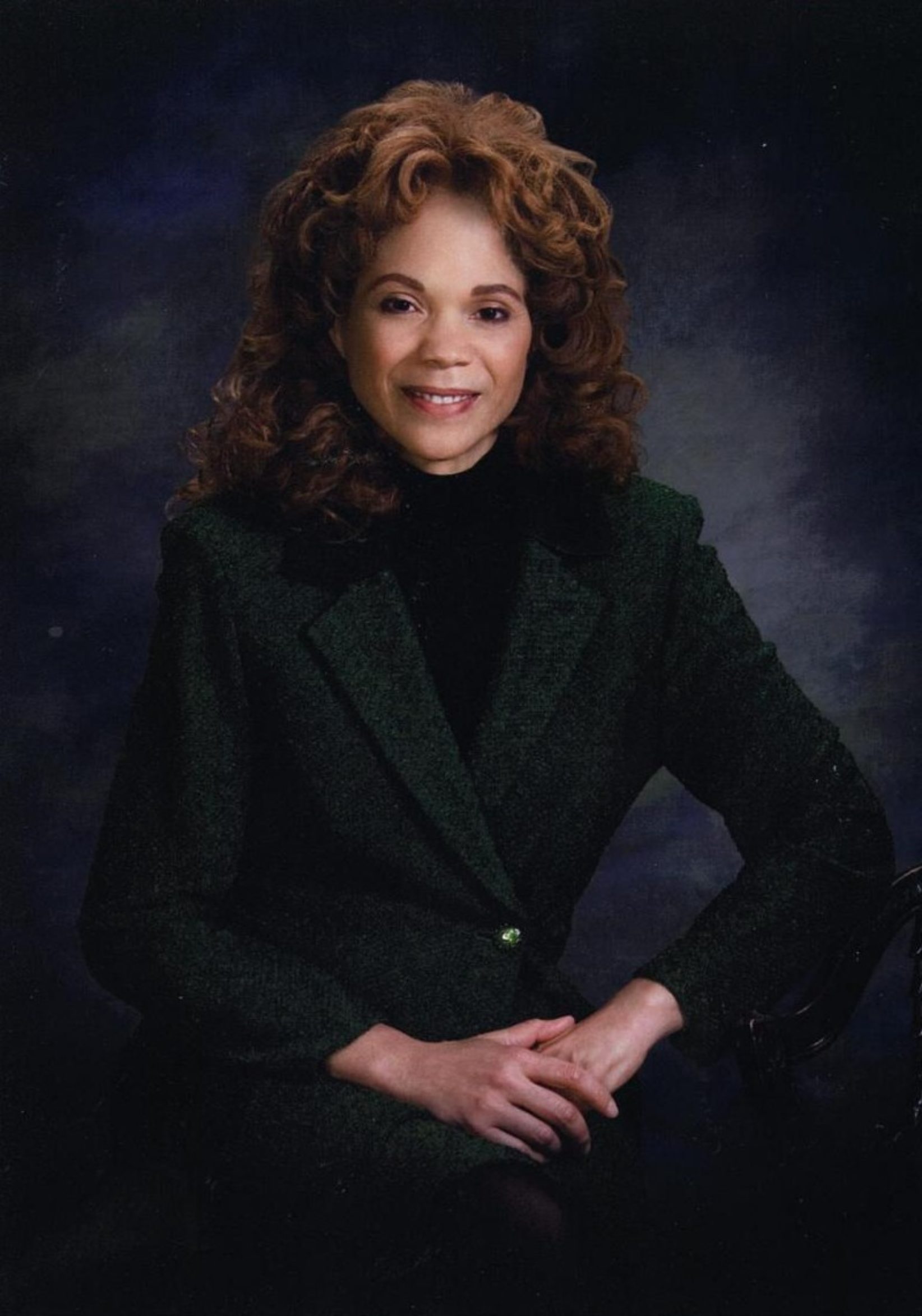This Third Rail dialogue tackles the complex, urgent and difficult subject of racism and policing. Connie Rice is a lawyer, author, and public intellectual of national renown for fighting systemic injustice with coalition lawsuits that have won over $10 billion in damages and policy changes that helped millions in poor neighborhoods. Rice’s advocacy has earned over 50 major awards and prompted Los Angeles Magazine to call her “the voice for LA’s oppressed.” A member of President Barack Obama’s Task Force on 21st Century Policing, Rice is a national figure in police reform and a leading expert in changing police culture. Her unique work galvanized the police, poor residents, gang interventionists, and government agencies to jointly transform inner-city safety to help end LA’s gang homicide epidemic.
Moderated by Tricia Rose, Director of CSREA and Chancellor’s Professor of Africana Studies, Brown University.
Notes
Free and open to the public. Please register to attend.
Speaker Bio
Constance “Connie” Rice is a lawyer, author, and public intellectual renowned for fighting systemic injustice and advancing multiracial democracy. Through coalition cases and campaigns, her work has won over $10 billion in lawsuit damages and policy changes that expanded safety and opportunity for millions in poor neighborhoods. Rice’s advocacy has earned over 50 major awards and prompted Los Angeles Magazine to call her “the voice for LA’s oppressed.”
The hallmarks of her work—game-changing thinking, systems focus, bold action, unlikely alliances, and impact—yielded extraordinary success inside and outside of the courtroom. In 2004, Rice and her colleagues at the NAACP Legal Defense Fund represented Los Angeles bus riders in a landmark public transit case that won the largest civil rights settlement in U.S. history.
In other winning coalition lawsuits, Rice stopped police misconduct, race and sex job discrimination, and unfair policies in probation, public housing, environmental justice, and capital punishment. Rice and her law partners also spearheaded a school construction campaign that won a $750 million case settlement, helped pass over $15 billion in local school construction bonds, and, in the nation’s largest school building program, oversaw the construction of 135 new schools. On this record, California Law Business designated Rice as one of California’s top ten most influential attorneys, and declared that she and her law partners had “picked up where Clarence Darrow left off.”
In her most important work outside of the courtroom, Rice galvanized the police, community, and government to transform inner city policing and end a gang homicide epidemic. With LAPD Chief Charlie Beck, who calls Rice “the conscience of the City,” she pioneered the Community Safety Partnership, a UCLA validated policing that replaces mass incarceration enforcement with holistic guardian policing.
In 2013, the Independent Sector awarded Rice the John W. Gardener Award for being “the indispensable architect of the transformation of…Los Angeles’ approach to both policing and to its longstanding gang epidemic.” President Barack Obama’s Task Force on 21st Century Policing selected Rice as a member for her experience in transforming warrior policing.
Rice grew up in the military, graduated from Harvard College in 1978, and attended NYU School of Law as a Root Tilden Scholar. She clerked for the Honorable Damon J. Keith on the United States Court of Appeals for the Sixth Circuit, served for nine years as Western Regional Counsel for the NAACP Legal Defense and Educational Fund, Inc., and co-founded both the Advancement Project and the Urban Peace Institute. Her memoir, Power Concedes Nothing, is a call to action lauded by Dr. Cornel West and Ret. General Stan McChrystal. Her most prized credential, however, is her black belt in Tae Kwon Do from Suk Yung Chung.
Reflecting on what drives her, Rice says, “I am the great-granddaughter of FORMER slaves and slave owners because, on their watch, activists and rebel slaves demanded and died for emancipation. It is a privilege to pay that debt forward on mine.”
As CSREA’s annual signature event, the Third Rail Lecture Series aims to address some of the most thorny and contentious social, political and cultural issues related to race and ethnicity in contemporary society.

